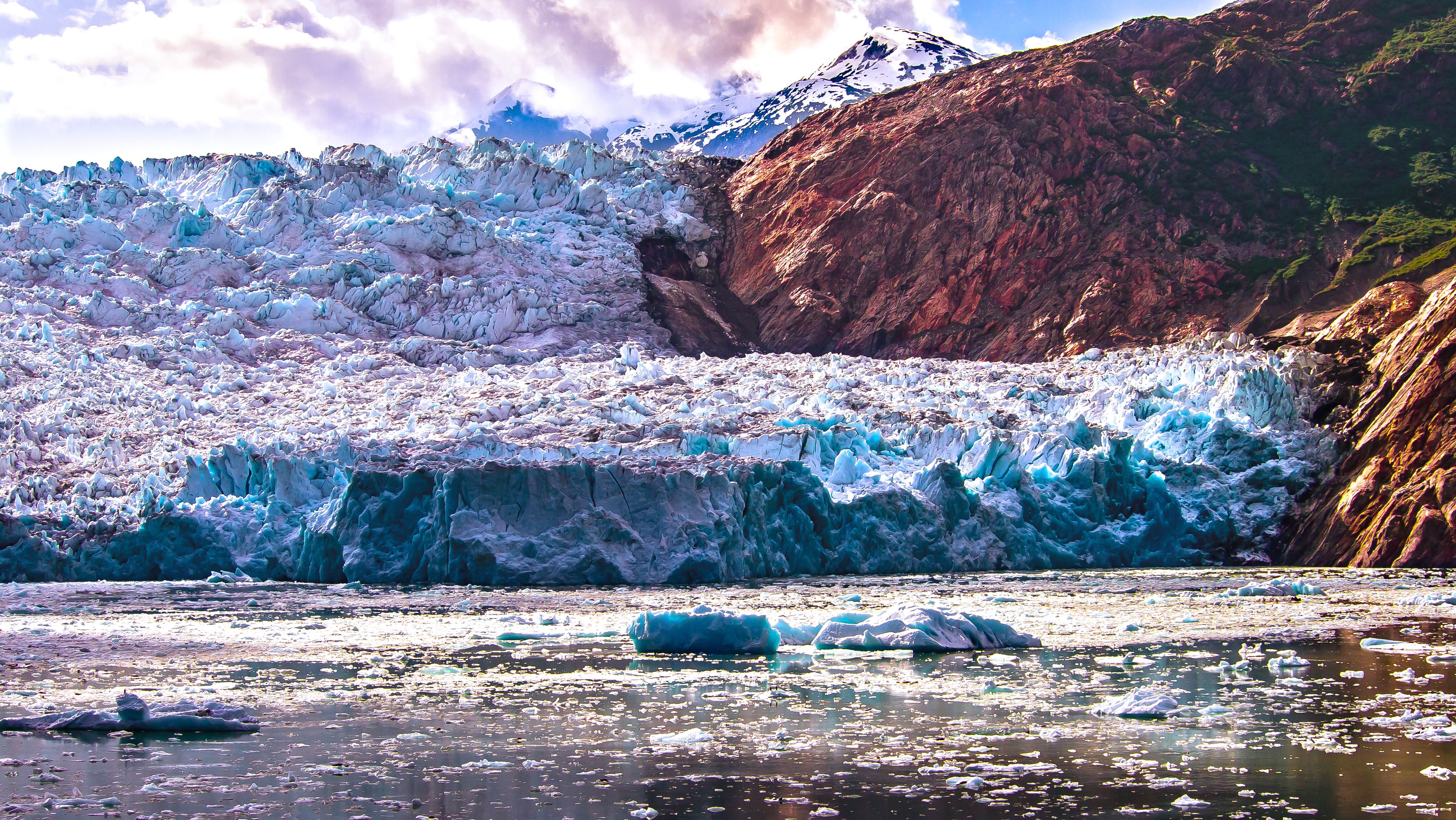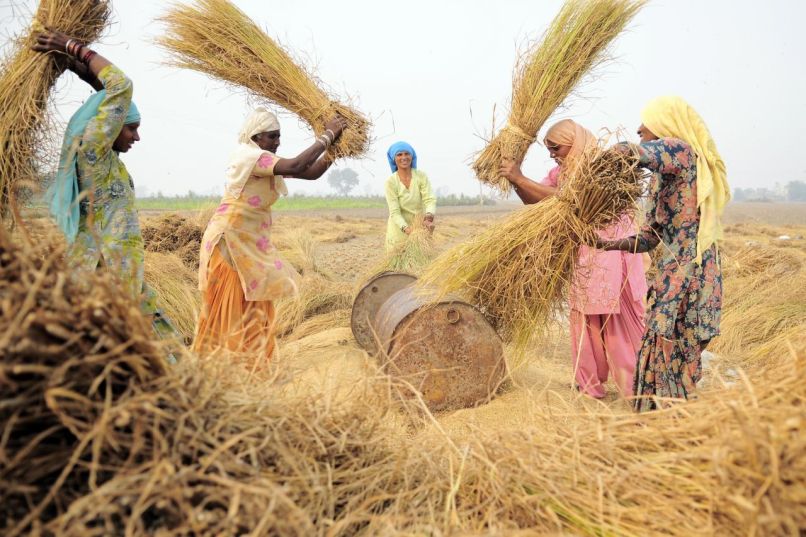
Climate change and the future of the world’s environment is a topic heavily discussed in today’s media. With the EPA facing the possibility of funding cuts, the future is not looking so bright for the planet. As this topic becomes increasingly important, the question araises, “How did we get here?”
The spike in climate change came after the Industrial Revolution, a period in history when most greenhouse gases were released into the atmosphere as a result of multiple nations developing at the same time. While other nations rose and started to develop, others stayed stagnant, falling behind in the development period.
“I think this is completely true, and we actually covered this topic in one of my environment classes last semester,” Temple University environmental studies major Rachel O’Brien said. “One way this occurs is through spatial fix, when more developed countries outsource their pollutant heavy jobs, like factory jobs, to under developed countries. They do this to make a greater profit and avoid environmental regulations, and end up displacing the pollution onto these countries in turn.”
According to Center for Global Development, the European Union hold 40 percent responsibility for the CO2 emissions from 1850-2011, and the United States was second with 22 percent. Developing nations have a combined percentage of 21.
“Top contributions to carbon emissions should be put under restrictive policies in order to get them to truly make a change,” O’Brien said. “In addition, I think policy framework should be created to support developing countries in creating their economies and infrastructure based on renewable energy sources.”
Even now as underdeveloped countries are coming up to speed with new technology, they are expected to control their emissions, even though rich developed countries did not have to during the Industrial Revolution.
“Maybe wealthier countries believe they are more privileged and the seemingly “more worthy” than other countries who are struggling to develop,” Mattie Porter, a Cabrini psychology major, said. “We think that it’s fair for us to pollute but when other countries need to do it to grow, it’s suddenly not alright.”

People in developing nations are the ones most impacted by global warming, although they were not the ones to cause it. Climate change impacts them in almost everyway. Unpredictable weather makes growing and sustaining food nearly impossible. Finding homes that can protect them from the harsh weather is becoming more and more challenging. People in impoverished countries cannot combat climate change because they were never given the time or resources to learn to adapt to it like richer, more fortunate nations were.
Is it fair to allow these people to suffer when they need assistance the most? Underfunding the EPA could cause even more damages to those who fully rely on the land to live, and it could also really change the world we live in today.
“If nothing else, we should be working to preserve our environment for future generations instead of breaking it down,” O’Brien said. “Material items mean nothing if our planet is unlivable.”


